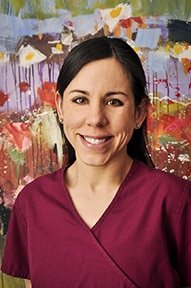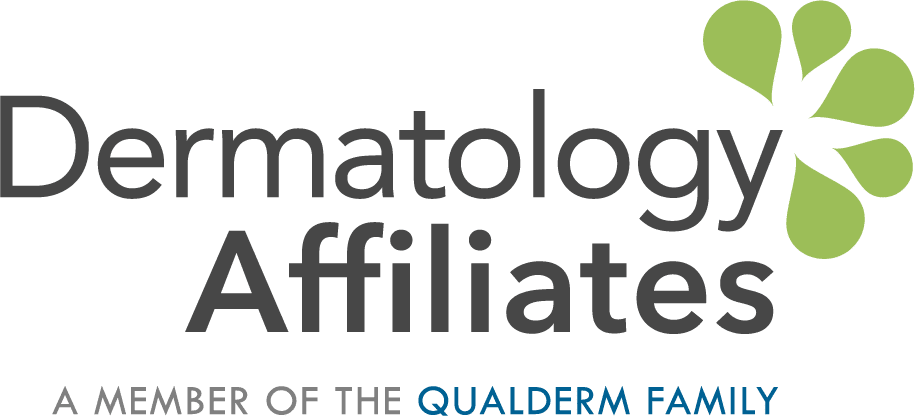Botox Bingo is a fundraiser for Big Brothers Big Sisters of Atlanta where you have 5 chances to win a Botox treatment! Come join us for an evening of complimentary food, beverages, and entertainment. Dermatology Affiliates Botox Bingo is a fun, exciting way...
Our Aesthetitan/Dietitian, Karen Johnson, Responds to New Research on Diet and Acne

The truth is what we put in our bodies affect every aspect of our life. We know that certain foods trigger mood changes, energy levels, headaches, etc. and it is always the yummy ones isn’t it? Why can’t ice cream contribute to glowing skin instead of lethargy and acne? Unfortunately it doesn’t, in fact this study affirms, “Eating high GI foods – foods that are absorbed into the bloodstream quickly – is thought to have a direct effect on the severity of acne because of the hormonal fluctuations that are triggered.” I refer to “high GI” foods as “refined carbohydrates”, in which the food has been highly processed and the body quickly turns it into simple sugars, in turn causing spikes in blood sugar. These include white bread, white rice, cakes, cookies, crackers, and other processed carbohydrates. It also suggests that dairy compounds these hormonal issues because of the hormones that are found in dairy.
What does this mean for me as an aesthetician and how I approach my clients with acne? At least 50% of my acne patients or their parents ask me about diet and its involvement in acne. If I notice that someone has particularly bad acne flair ups due to hormone fluctuations, I definitely recommend trying to limit dairy and sugar. I remind people that lean meats, fish, high fiber fruits and veggies, and whole grains are delicious and do not exacerbate acne. However, we all know that diet modifications are slow, and creating new habits takes time. I see my role as an aesthetician and dietitian to be two-fold. Number one, yes I do educate patients in regards to skin and diet. I suggest limiting processed foods, especially refined carbohydrates, that quickly turn straight to sugar when absorbed by the body, and adding more antioxidant rich foods (i.e. fruits and vegetables) into our diet.

Number two; I try to provide all possible options and support for creating changes in the skin even when diet changes are not an option. I know as a working mother that diet is a difficult thing to control. We live in a fast paced world with abundant quick, not always healthy, food choices. On a day when I am trying to navigate, my kids, my job, my partner, my own health, and more, I am more likely to reach for the closest food option regardless of all my personal nutrition education and knowledge. I take that awareness a step forward and think about my teenage clients with acne issues. They wake up early and go to bed late, juggling studies, burgeoning social awareness, sports, home life, increasing hours of homework, and even less control of what food options are in their environment. My job as an aesthetician is to recognize that even when diet is not optimal I have other tools to improve skin conditions.
The research notes that the root issue that is exacerbated by refined carbohydrates is that “Acne is caused by a combination of the skin producing too much sebum and a build-up of dead skin cells which clog the pores and leads to a localized infection or spot.” These “high GI” foods cause hormonal fluctuations that increase sebum production. Chemical peels and the Isolaz laser can offset this issue by attacking the excess sebum and clearing out the dead skin cells before they clog pores. I frequently suggest products that counteract these issues.
The bottom line is that it is important to know how to empower yourself in your fight against acne. Even if healthier food choices don’t improve your acne, we know it will improve your health, and it’s a bonus if it helps your skin, so why not give it a try. Diet is only one of your personal tools in the fight against acne; regardless of your dietary choices, you don’t have to suffer from acne!
The full article is linked below:
https://www.skininc.com/skinscience/physiology/Long-term-Research-Links-Dairy-and-High-Sugar-Foods-to-Acne-200252611.html?page=1
